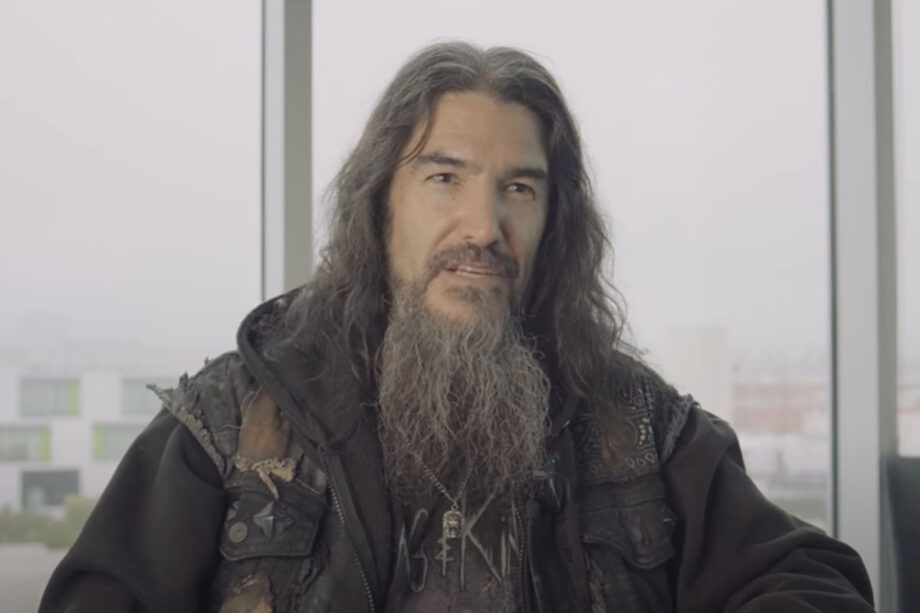Machine Head frontman Robb Flynn discussed metal music’s evolution in an interview with Full Metal Jackie. He compared metal’s current state to its position during Machine Head’s early days in the 1990s.
“I think it’s in a much better place now. When Machine Head started out, it was almost like metal was kind of on this big downward slope. It wasn’t cool. There was some people flying the flag for sure – Pantera, Sepultura. But it was tough,” Flynn explained.
“I think now that landscape changed mainly because the gatekeepers got pushed out and the magazines kind of didn’t become as important anymore. So much of it’s about the Internet,” he continued. “I think a lot of bands are much more in control of their own destiny. Bands got smart. People are like, ‘I don’t want to give away all my publishing and my merchandise. I can just do this myself.’ It’s awesome to see.”
“I genuinely believe that there’s going to be a time when we look back on this era of metal and even the previous era of thrash metal and extreme metal, and we’re going to have the same reverence for it that we have with the jazz, the Miles Davises and the jazz musicians of 50 years ago,” Flynn added. “Because there is so much talent in metal right now, and it really is not appreciated by the music industry. It’s not appreciated by the Grammys. The Best Metal Grammy is still in the other building [pre-telecast], and it’s only on the Internet. They don’t get it.”
The metal veteran’s observations highlight the significant changes in the genre’s artistic development and business model throughout three decades.
Machine Head’s Legacy

Research from Desert Island Cloud reveals Machine Head’s pivotal role in metal’s evolution. The band made its mark through groundbreaking albums like ‘Burn My Eyes’ and ‘The Blackening.’
Their distinctive blend of aggressive sound and socially conscious lyrics has shaped modern metal’s artistic expression. This approach has influenced numerous artists within the genre.
Digital Revolution In Metal

Streaming platforms have transformed metal bands’ approach to reaching audiences. Recent studies by Metal Industry Analysis show how this digital transformation helps artists bypass traditional industry gatekeepers.
The music distribution landscape has become more democratic. This shift has created a more diverse metal scene where artists maintain creative and business control.
Grammy Recognition Challenge

Metal’s sophisticated artistry faces ongoing challenges in mainstream recognition. Documentation from Grammy Archives highlights this persistent issue at major award shows.
The Best Metal Performance category remains relegated to the pre-telecast ceremony. This placement exemplifies the gap between metal’s artistic achievements and its recognition by traditional music industry institutions.





